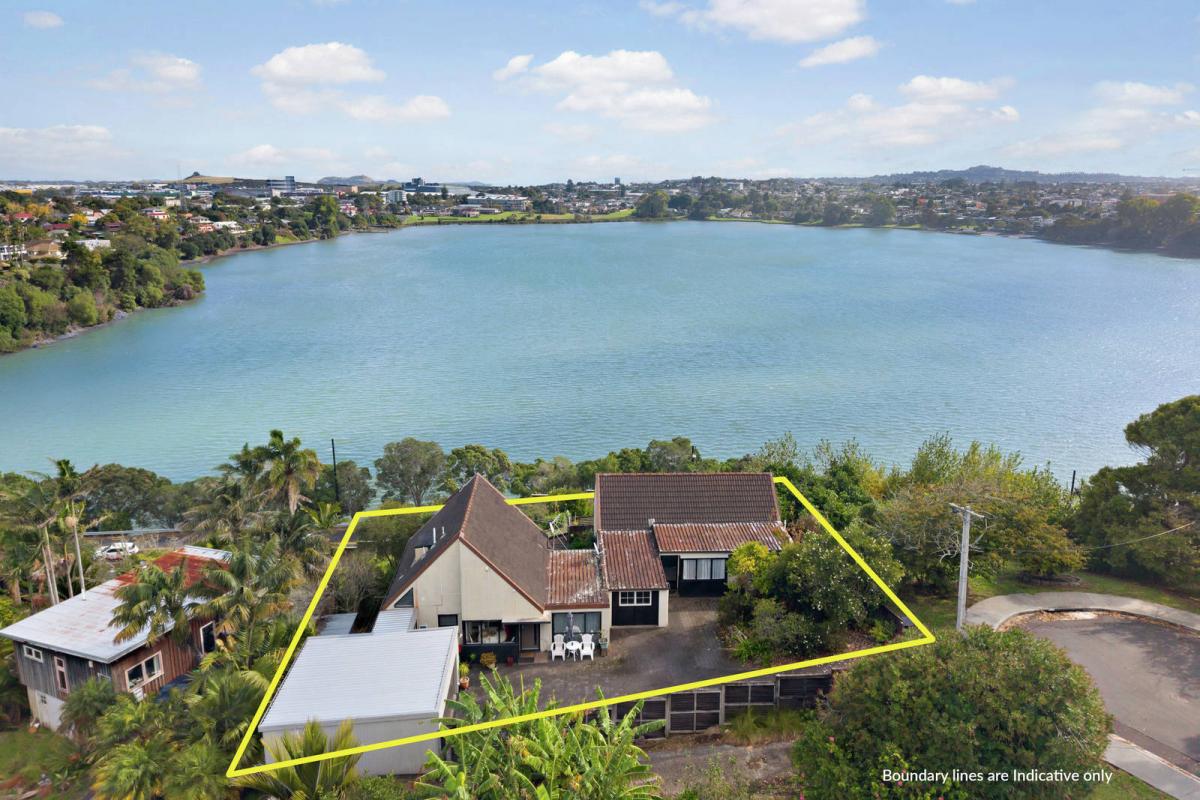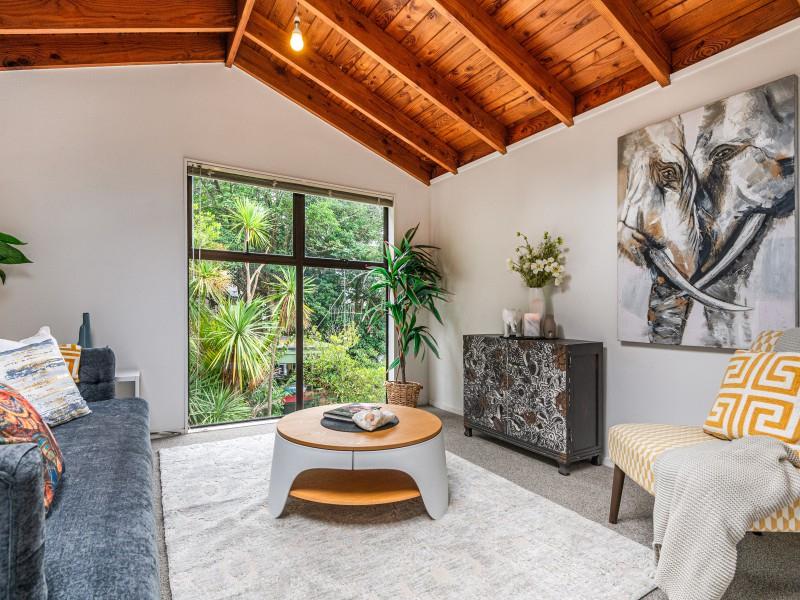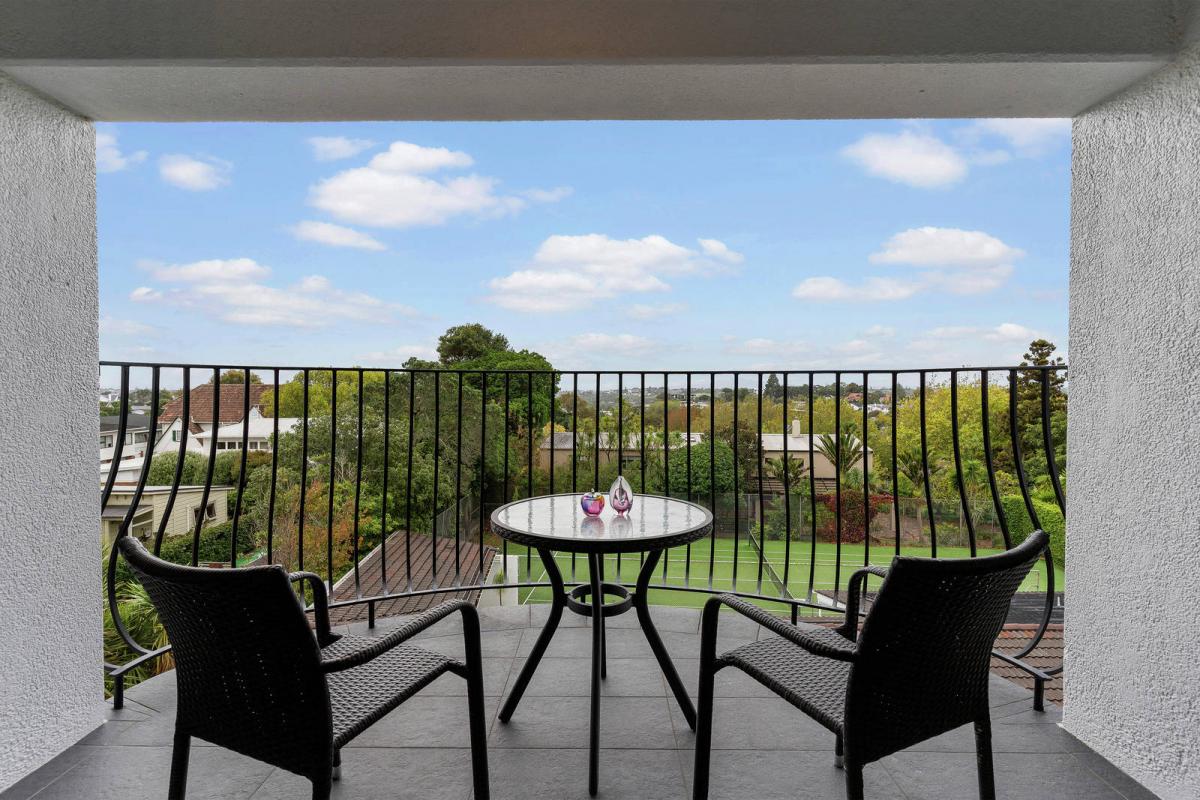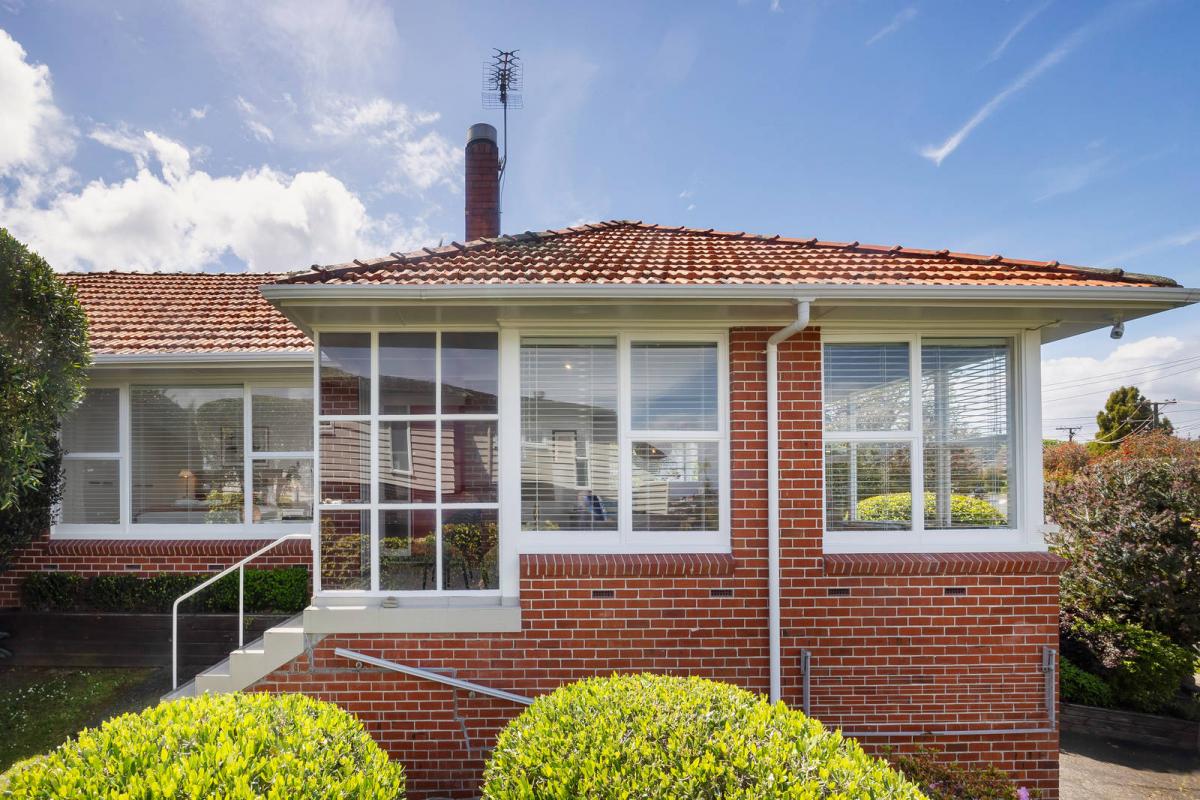Specialist doctor shortage: More than a third of adults not getting healthcare they need
More than a third of adult New Zealanders are not getting the healthcare they need, a new study by the senior doctors union has found.
Patients who need specialist care were being left “in limbo” with their GPs, while the number of people turning up to emergency departments in life-threatening situations is growing.
The report by the Association of Salaried Medical Specialists used official data including patient surveys, wait lists for non-surgical care and information about the number of people referred to a specialist but declined care.
About 1.75 million people were missing out on dental care, while 329,000 and 55,000 children were not getting the treatment they needed for mental health or addiction, it said.
The number of people who did not receive specialist care within four months was six times higher in September last year than in July 2019, it found.
In an editorial on the study in the New Zealand Medical Journal, the authors said that had big implications.
“As access to hospital specialists declines, growing numbers of patients are left in limbo under the care of their GPs, adding further to the pressures on access to primary care services, and risks patients’ condition deteriorating and quality of life worsening,” they said.
The report said the number of people turning up to hospital emergency departments has grown by 22 per cent in the nine years to 2023.
And the proportion of them arriving with immediately or potentially life-threatening conditions has grown from a half to two-thirds, it said.
The union said the situation was much worse than in comparable European countries and urgent investigations were needed.
It said any change needed to be much wider than just the health system, addressing the problems that could contribute to bad health including poverty.
===================================================
www.nzherald.co.nz...
==================================================
Poll: Are domestic flights with Air NZ out of your budget?
A Tauranga man has filed a complaint with the Commerce Commission, claiming that due to dynamic pricing, it’s cheaper for him to fly to Los Angeles than to book a flight for his daughter from Tauranga to Wellington.
Do you think their pricing needs addressed to encourage more people to fly?

-
95.1% Yes, it's too expensive
-
4.2% No, it's reasonable
-
0.7% Other - I'll share below
This week's prize draw!
This week's winners receive a $100 Pharmacy voucher - we know you've been eyeing the giftware in there!
The winners are:
Sophy Stowers from Mangere
Weibin Qin from Lower Hutt
Jacob Blair from Alexandra
Rodger Mortleman from Whitianga
Get in touch with us here if you're a winner on this list!
Not a winner? There's always next week!

NZ First wants to clarify the meaning of 'woman' and 'man' in legislation
New Zealand First wants to clarify the definition of a woman and a man in law, introducing a Member’s Bill to ensure “our country moves away from the woke ideology that has crept in over the last few years”.
The move follows the UK Supreme Court ruling last week that the term “women” as referred to in the British Equality Act refers only to biological women. It’s also the latest in a series of legislative proposals from NZ First in its so-called “war on woke”.
The party wants to see “women” defined in law as an “adult human biological female” and “man” defined as an “adult human biological male”.
“The purpose of this amendment is to uphold legal certainty, protect the integrity of sex-based rights and ensure that language in law reflects biological reality,” an explanatory note within the legislation says.
“This definition will apply in all contexts where the terms ‘woman’ and ‘man’ are used, unless explicitly stated otherwise in specific legislation.”
The legislation is a Member’s Bill in the name of NZ First MP Jenny Marcroft. That means it’s not a Government bill and will need to be pulled from Parliament’s ballot before it’s debated and voted on.
Marcroft currently has a bill in the ballot to require local authorities to have a binding referendum when deciding whether to add fluoride to drinking water. MPs can only have one bill in Parliament’s ballot at a time and NZ First confirmed that bill would be swapped out for her new one.
NZ First leader Winston Peters said the legislation was “not about being anti-anyone or anti-anything” but “about ensuring we as a country focus on the facts of biology and protect the term ‘woman’ in law”.
“New Zealand First is the only party that campaigned on keeping men out of women’s sports, keeping men out of women’s and girl’s changing rooms, and we have received two petitions this term calling for protecting the term ‘woman’ in legislation.
“We were told at the time that we were going down a ‘rabbit hole’ and ‘on another planet’. But if you look at recent events, both internationally and in New Zealand, the pendulum is swinging back towards common sense and is proving us right.”
He said this would “ensure our country moves away from the woke ideology that has crept in over the last few years, undermining the protection, progression and safety of women”.
The Herald has sought reaction from Women’s Minister Nicola Grigg to last week’s ruling in the UK and whether she agreed with the definition it has put forward.
Labour leader Chris Hipkins said NZ First was just looking for populist causes.
“At a time when New Zealanders are struggling with the cost of living, more New Zealanders are losing their jobs by the day, the health system is descending further into crisis, we have more people living rough on the streets because they are homeless, I don’t think this is a priority.”
Greens co-leader Chlöe Swarbrick also said there were other issues to focus on, such as the cost of living and climate change, and NZ First’s proposal was intended to “distract” people from these challenges.
The Act Party said it believed in both free expression and “biological reality”.
“These values can sometimes be in tension, but when rights conflict, the role of the state is to draw clear lines that protect everyone’s freedom.
“People are free to present themselves however they like in a free society. But the right to self-expression does not override the rights of others, especially when it comes to women’s privacy, safety, and fairness.
“For example, biological women should not be forced to share public bathrooms, changing rooms, or prisons with men.
“For the sake of public services and legal clarity, the law should reflect the reality that sex is biological and binary. Any shift in focus towards self-declared gender risks confusion, conflict, and undermines hard-won sex-based rights.”
In 2020, the Ministry for Women said it defined “women” as “people who identify as women”.
“This definition is inclusive of transgender women,” it said.
The ministry’s website said it “represents the interests of all women, including transgender women, and we recognise the right of all people to self-identify”.
“We acknowledge the diversity of women and girls in Aotearoa New Zealand and focus on improving outcomes for wāhine Māori, Pacific women, migrant women, women who are former refugees, women with disabilities and the rainbow community.”
Last month, NZ First MP and Associate Health Minister Casey Costello directed Health New Zealand Te Whatu Ora to use the term “women” instead of “pregnant people” in communications.
Prime Minister Christopher Luxon said he supported having “common-sense language” and believed most people would consider pregnant people are women.
NZ First has introduced several pieces of legislation intended to counter “woke” elements of society, including a bill to remove diversity, equity and inclusion (DEI) aspects from the public service.
===================================================

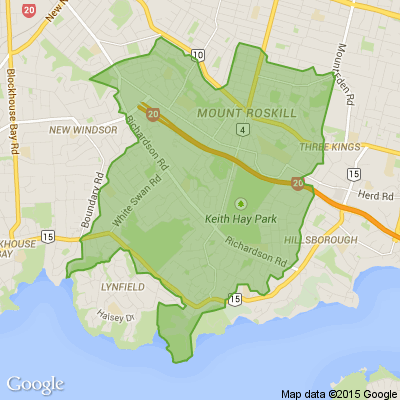





 Loading…
Loading…